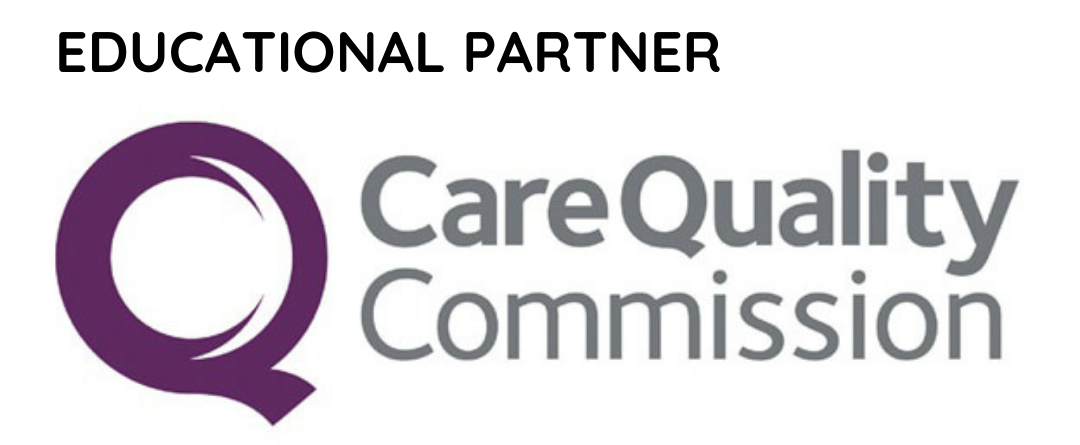What is the Fair Pay Agreement, and what does it mean for social care?

The government has confirmed a £500 million investment into its Fair Pay Agreement (FPA) for adult social care.
The announcement was made alongside the launch of a new statutory body, made up of unions and employers, which will negotiate changes to pay and terms and conditions for care workers.
Wes Streeting, Secretary of State for Health and Social Care, told delegates at last month’s Labour Party Conference that the Adult Social Care Negotiating Body will be established through regulations in 2026, with the FPA coming into force in 2028.
Fair Pay Agreement: The background
The Labour Government first laid out plans to introduce FPAs across multiple sectors, starting in social care, during the 2021 Labour Party Conference.
Angela Rayner, Deputy Leader of the party at the time, said the agreements will be launched as part of Labour’s plan to deliver a “new deal” for Britain’s 31 million workers and end poverty wages.
The FPA for social care will be backed by law currently progressing in Parliament through the Employment Rights Bill.
The government believes the agreement will attract more UK staff to the care sector and move the country away from a dependence on overseas workers.
Car sector response
While most care providers wish to pay their staff as well as possible, without proper funding the FPA is set to present a significant threat to the social care sector.
An impact assessment of the Fair Pay Agreement proposal, published last October by the Department for Business and Trade, says the policy is likely to increase costs to councils, as well as those funding their own care.
This is because care providers, particularly small to medium sized businesses, which make up 83% of the market, have limited scope to absorb the expected boosts to staff pay and conditions by improving productivity or squeezing profits.
In principle, the FPA represents a long-awaited acknowledgement that care work is a skilled profession deserving of fair reward.
However, sector experts have warned that the £500m in funding, which is not new money, will do little to deliver any meaningful change for the workforce.
The investment sits within the £4 billion increase in funding available for adult social care in 2028 to 2029 that the Chancellor announced in the Spending Review.
Care England, a representative body for independent adult social care providers, said the funding could translate to a pay rise of just 15p per hour.
Professor Martin Green, CEO of Care England, said: “It is a shame that after so many promises, the outcome amounts to as little as 15 pence per hour if focused solely on pay; something that will make little difference in practice by the people who keep this sector running.
“For a workforce of 1.6 million people, more than those employed in the NHS, yet still among the lowest paid in our economy, such a limited commitment sends the wrong message about their worth.”
The Homecare Association said an FPA has the potential to deliver “real progress” in valuing the skilled and professional work of care workers.
However, it argues that without fundamental reform to the way care is commissioned, the government risks worsening the very problems it wishes to solve.
Currently, local authorities and the NHS continue to purchase care at rates well below the cost of employing care workers legally and safely and delivering high quality sustainable services currently calculated by the Homecare Association at £32.14 per hour.
Dr Jane Townson, CEO of the Homecare Association, said: “Trying to deliver a Fair Pay Agreement without fair funding is like promising to fill the potholes but only buying the shovel. It’s a fool’s errand.
“For a Fair Pay Agreement to succeed, we must fix the funding model. This means national investment and a national approach to commissioning that ensures providers are resourced to deliver on their obligations as good employers.”
Chief Executive of the National Care Forum Vic Rayner agreed, adding: “It is not possible for a fair pay agreement to deliver without properly addressing issues associated with how care is commissioned, long term sustainable funding commitments, a properly resourced negotiation infrastructure and a shared understanding of the data needed to inform negotiations”.
Nuffield Trust Deputy Director of research, Natasha Curry, described the funding as a “bear trap” that “will not arrive until 2028 and will need to come from funds already needed to keep social care afloat and meet the needs of the people that rely on it”.
She said: “The spending pressures on social care cannot be overstated: the extra needed this year for additional employers’ national insurance contributions more than wipes out this £500m. The agreement will also rest on extensive negotiations through the new negotiating body – which will now have to be constrained by this figure.
“As always, good intentions and sound motives cannot balance the books. The fair pay agreement is the right thing to be doing but it won’t work unless properly funded.”
A public consultation on the Fair Pay Agreement process was launched on September 30.



